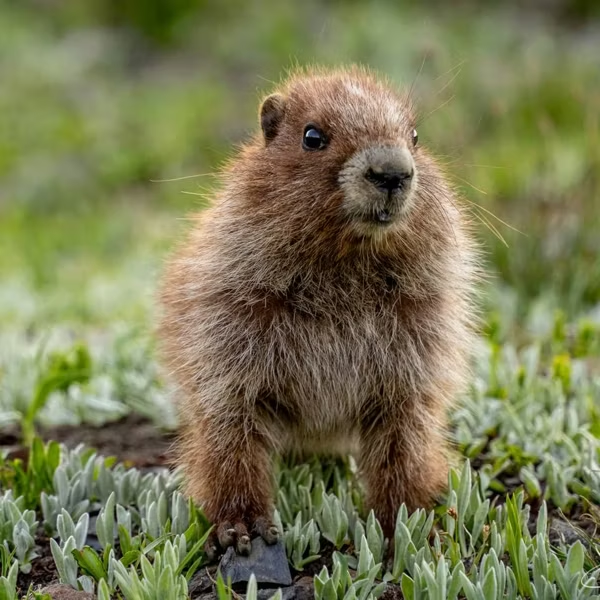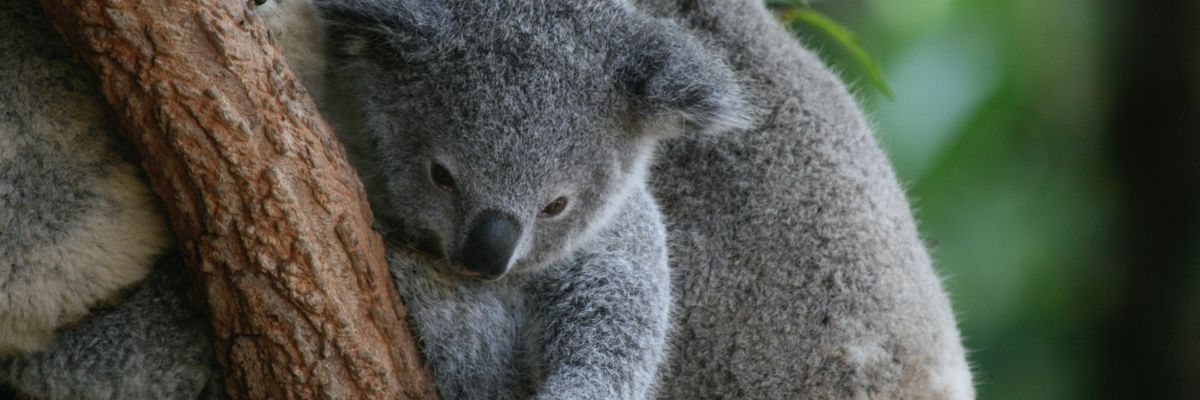While mostly welcoming the Australian government's decision to officially list the koala as endangered in parts of the country, conservationists on Friday reaffirmed the need for legislation to truly protect the iconic marsupials and--even more importantly--the imperative to address the root causes of species loss.
"What we need is a Koala Protection Act."
The announcement by Australian Environment Minister Sussan Ley affects koala populations in the eastern states of New South Wales (NSW) and Queensland, as well as in the Australian Capital Territory, and upgrades the species from its previous designation of "vulnerable."
Ley cited "the impact of prolonged drought, followed by the black summer bushfires, and the cumulative impacts of disease, urbanization, and habitat loss over the past 20 years" as reasons for the reclassification.
Rebecca Keeble, Oceania regional director at the International Fund for Animal Welfare (IFAW), said in a statement that "this decision is a double-edged sword. We should never have allowed things to get to the point where we are at risk of losing a national icon."
"This must be a wake-up call to Australia and the government to move much faster to protect critical habitat from development and land-clearing and seriously address the impacts of climate change," she added.
Deborah Tabart of the Australian Koala Foundation (AKF) tweeted that the "change in status is nothing but a token gesture that results in no legislative change to save the koala."
"What we need is a Koala Protection Act," she added, referring to proposed legislation modeled on the U.S. Bald and Golden Eagle Act, which is credited with bringing the national symbol of the United States back from the brink of extinction.
The AKF also slammed the government's decision to not include koalas in the state of Victoria in the new listing.
Due largely to climate-driven weather events--including devastating wildfires--and habitat destruction for urban and industrial development, koala populations have plummeted in eastern Australia. A 2020 IFAW report revealed a 50% decline in the koala population of the northeastern state of Queensland; a parallel analysis by the group found as much as a 61% drop in the marsupial's numbers in neighboring NSW.
Koalas have been protected under Australia's Environment Protection and Biodiversity Conservation Act (EPBCA) for a decade.
However, "since then, koalas have suffered relentless ongoing pressure," says WWF Australia. "Land clearing has ramped up, increasing 13-fold in NSW since the government weakened native vegetation laws in 2016. South East Queensland's koala population is also projected to shrink to fewer than 8,000 by 2032."
Protecting habitats critical to species' survival is a key element of the EPBCA; however, according to the AKF, "there are a litany of instances where industry is still free to destroy 'habitat critical to the survival of the Koala.'"
In April 2020, the administration of right-wing Prime Minister Scott Morrison--an ardent booster of the nation's AU$47 billion ($33.5 billion) coal industry--quietly overhauled a mining assessment process to allow corporations, which previously had to find replacement habitats for species threatened by their activities, to pay the government to do it for them.
A scathing government audit subsequently found Morrison was failing to safeguard the environment. Greenpeace Australia said the new policy had "big implications for Australia's threatened species and ecological communities, including our iconic koala."
In July 2020, a report on koala populations and habitats published by the parliament of the southeastern state of NSW concluded that, "without urgent government intervention," the species would be extinct there by 2050.
Related Content
'Without Urgent Govt Intervention,' Koalas Face Extinction in New South Wales by 2050
Andrea Germanos
Last month, Morrison government announced it would invest a record AU$50 million ($35.7 million) "to boost the long-term protection and recovery efforts for Australia's koalas."
However, green groups said that amount is insufficient, and that the government can't tackle the biodiversity crisis with money alone.
IFAW's Keeble called AU$50 million "a drop in the bucket."
"If we don't address the root cause of their decline, which is habitat loss and climate change," she warned, "we're just plugging holes in a sinking ship."





